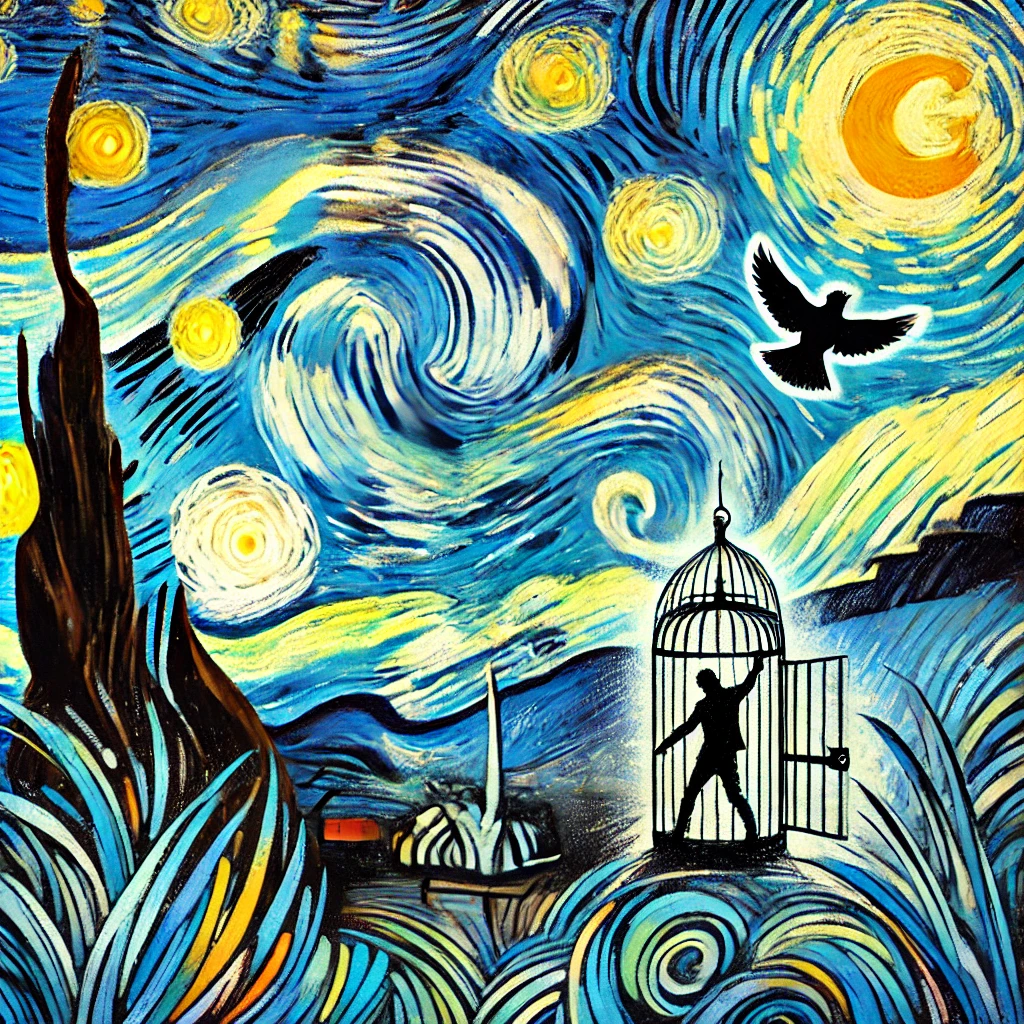Britney Spears: Navigating Public Scrutiny and Personal Struggles
Britney Spears's journey through fame, scrutiny, and legal battles offers insights into resilience and autonomy. This article explores her challenges, responses, and the lessons her experiences impart on mental health awareness and ethical media practices.

Introduction
Few figures in modern pop culture have faced as much scrutiny, judgment, and misunderstanding as Britney Spears. Once hailed as the princess of pop, her meteoric rise to fame was accompanied by an equally publicized battle against societal stigma. Whether it was the relentless media frenzy, rigid expectations of female pop stars, or the legal constraints that defined much of her adult life, Spears’ journey is a case study in how stigma can shape—and distort—a person’s reality. Her life serves as both a cautionary tale and an inspiration, shedding light on the damaging effects of societal judgment and the resilience required to reclaim personal autonomy.
The Stigma Britney Spears Faced
- The Sexualization of Young Female Stars
Britney Spears was thrust into the limelight as a teenager, marketed as an innocent yet provocative pop icon. From her debut single ...Baby One More Time, which featured a then-16-year-old Spears in a suggestive schoolgirl outfit, she became both a commercial product and a symbol of society’s conflicting attitudes toward young women. She was expected to be desirable yet morally pure—a double standard that left her vulnerable to criticism from all sides. - Media and Paparazzi Scrutiny
At the peak of her fame, Britney Spears became one of the most heavily photographed celebrities in the world. The tabloids fed off her personal struggles, including her high-profile relationships, breakups, and emotional breakdowns. Rather than being offered support during her vulnerable moments, Spears became the punchline of late-night shows and gossip magazines. Her 2007 head-shaving incident, which was likely an act of rebellion against an industry that controlled every aspect of her image, was ridiculed rather than understood. - Motherhood and Public Perception
Society often holds unrealistic expectations for women, especially mothers. When Spears gave birth to her two children in the mid-2000s, she was expected to balance fame, personal struggles, and parenting under intense scrutiny. Every minor misstep—such as being photographed driving with her son in her lap—was magnified, reinforcing the stigma that she was an unfit mother. The reality was far more complex, but public perception often erases nuance. - The Conservatorship and Loss of Autonomy
One of the most unique and tragic aspects of Spears' story was the 13-year conservatorship imposed on her in 2008. After her very public struggles, her father, Jamie Spears, was granted control over her finances, personal life, and career. This legal arrangement, typically reserved for the elderly or severely disabled, stripped her of basic freedoms, including the ability to make medical decisions, drive, or manage her own money. Despite her continued ability to perform and generate millions, the courts deemed her incapable of independence—a contradiction that underscored the stigma surrounding mental health and celebrity power dynamics.
How She Handled It
- Resilience Through Performance
Despite the legal and personal battles, Spears continued to perform, releasing albums and securing a Las Vegas residency. Her ability to maintain her career under such constraints speaks to her sheer resilience and dedication to her craft. - Speaking Through Her Music
Spears’ music often reflected her inner struggles. Songs like Piece of Me and Overprotected highlighted the pressures she faced. Through her lyrics, she subtly pushed back against the forces controlling her narrative. - The #FreeBritney Movement
Fans played a crucial role in challenging the conservatorship. The #FreeBritney movement, which started as a grassroots effort, brought global attention to her legal predicament. By leveraging social media and public advocacy, Spears eventually found the support necessary to challenge her conservatorship in court. - Legal Battle for Freedom
In June 2021, Spears spoke out publicly against the conservatorship for the first time, revealing the extent of the control she endured. Her emotional testimony helped turn the tide in her favor, leading to the termination of the conservatorship later that year.
Lessons We Can Learn
- The Media’s Role in Shaping Public Perception
The relentless tabloid culture of the 2000s contributed to Spears' suffering. Her story reminds us of the dangers of consuming and participating in exploitative media. - Mental Health Should Not Define a Person’s Worth
The stigma surrounding Spears' struggles with mental health contributed to the justification of the conservatorship. Her case highlights the need for better legal protections for individuals dealing with mental health challenges. - The Importance of Bodily and Legal Autonomy
Spears' conservatorship revealed how easily a person—especially a woman—can lose control over their own life. Her fight serves as a reminder that autonomy should be a fundamental right, not a privilege. - Public Support Can Drive Change
The #FreeBritney movement demonstrated the power of collective advocacy. It was not just lawyers or media professionals who aided Spears' fight—it was ordinary people who refused to let her voice go unheard.
Conclusion
Britney Spears' journey is a stark illustration of how stigma—whether surrounding gender, mental health, or autonomy—can shape a person's fate. She was placed under microscopic scrutiny, controlled through legal loopholes, and denied the freedoms many take for granted. Yet, through perseverance, support, and the resilience of her own spirit, she ultimately reclaimed her life.
Her story is not just about fame or celebrity misfortunes—it is about human dignity, the right to self-determination, and the ongoing fight against systems that seek to control rather than empower. If there is one takeaway from Spears' struggles, it is this: no one should have to fight this hard simply to be free.
